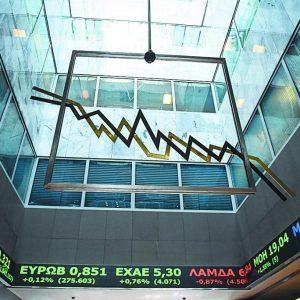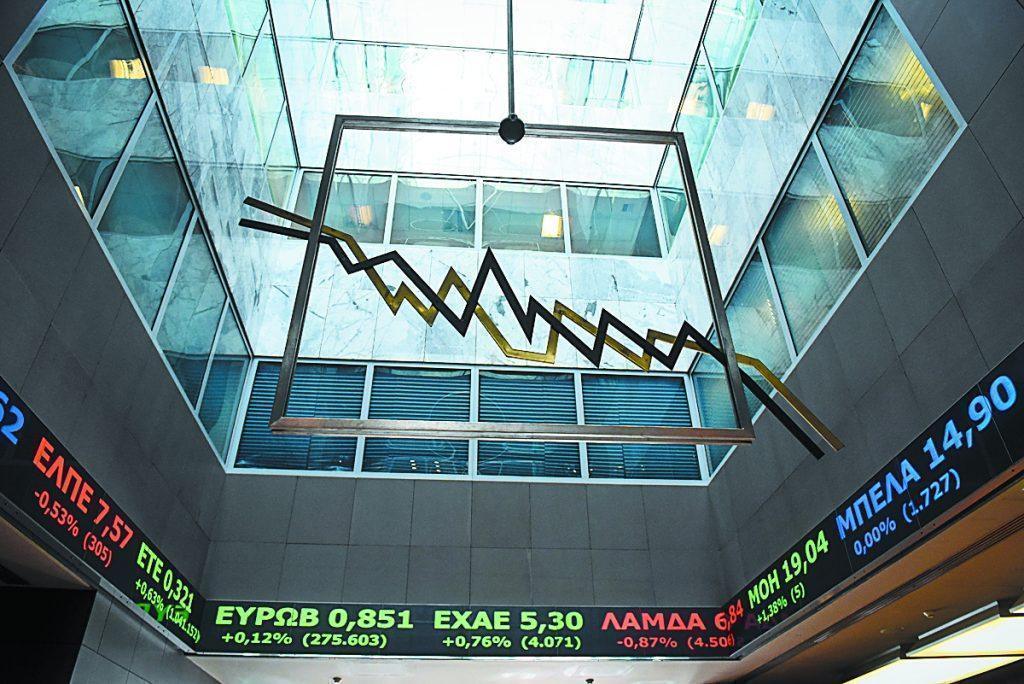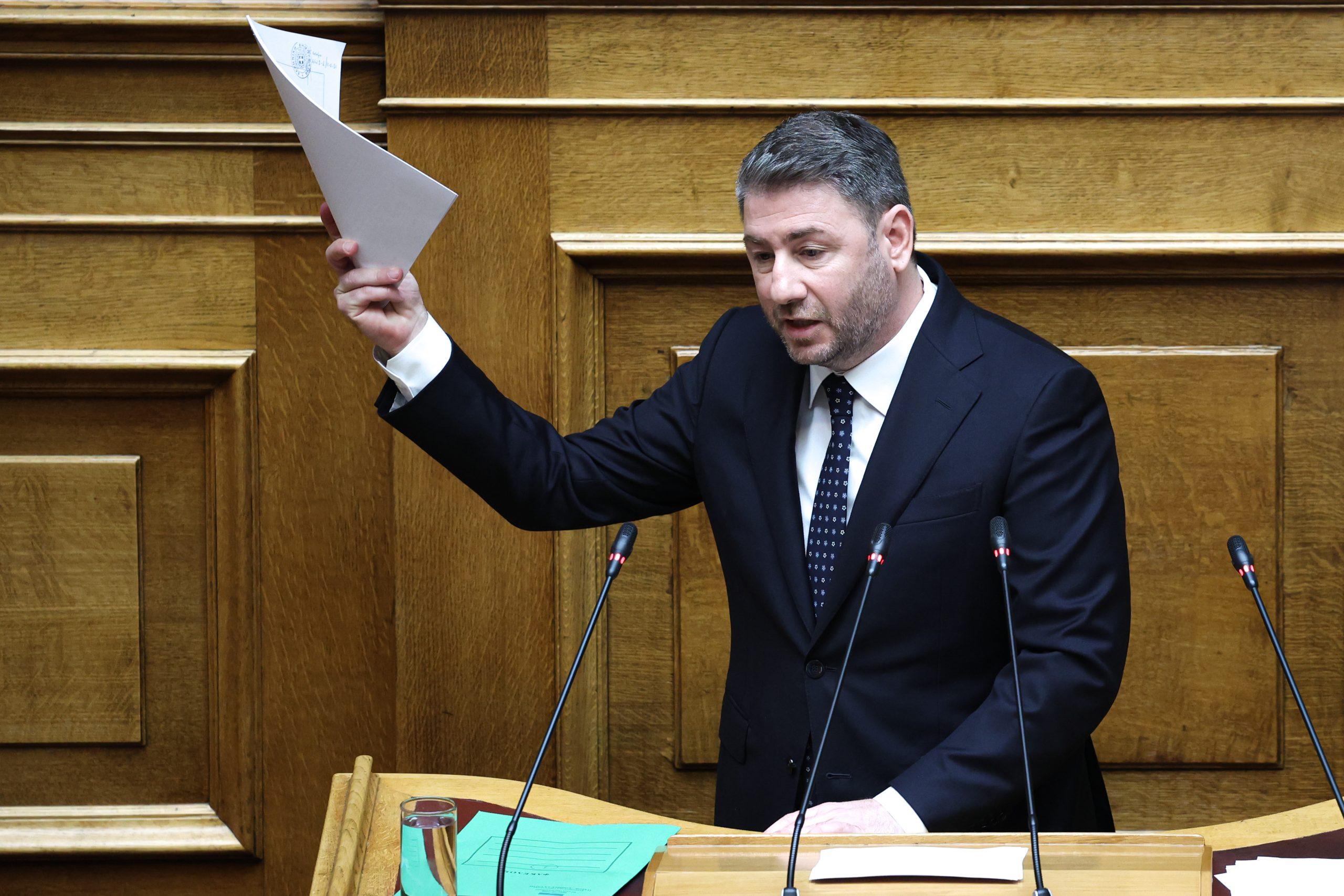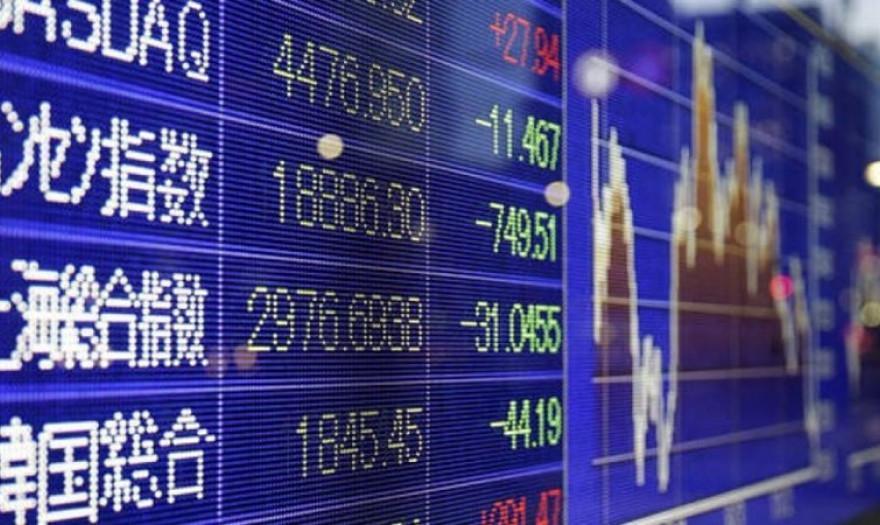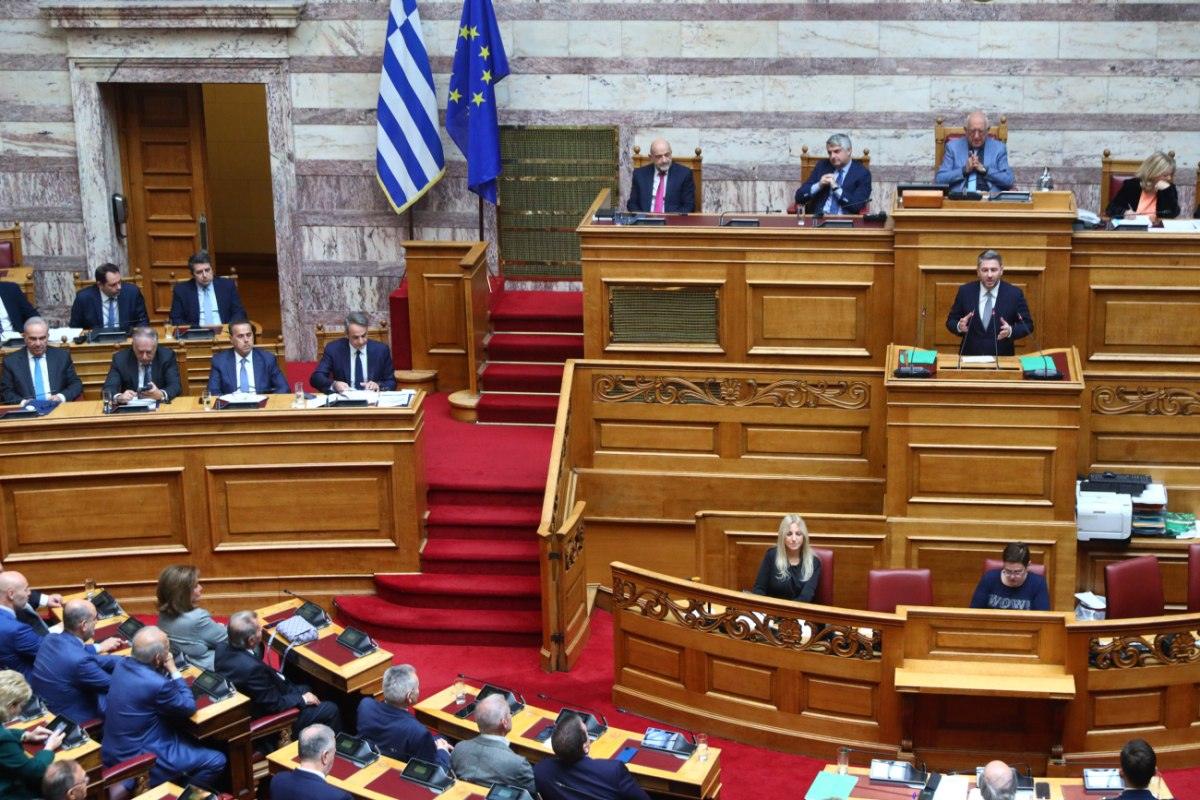Energy intensive industries are looking for a way out of the energy crisis, using green solar energy as a vehicle. The issue was raised yesterday, among other issues, by industry stakeholders in a meeting attended by the Ministers of Development, Energy and State, Messrs. Adonis Georgiadis, Kostas Skrekas and Akis Skretsos. Industrialists’ representatives have called for facilitations as the potential for self-generation and self-consumption of energy of large, high-voltage industries is very limited and economically unprofitable.
What is true today
Today, high-voltage industries can self-produce energy, with an obligation to self-consume, in real time, at least 80% of the energy produced on an annual basis. For the remaining 20% (or more if not consumed immediately) with the start of operation of the energy stock markets in Greece, the industrialist – autoproducer now has the opportunity to sell the excess energy on the wholesale market (in collaboration with Aggregrators – FO.S.E.), while, they may also conclude to bilateral “green” electricity supply contracts (PPAs).
The photovoltaic power plant of the industry is allowed to be located in a place other than the industrial installation where the energy is consumed, provided that it is electrically connected to it, with an exclusive interconnector.
The problem and the requirements
However, there are some problems to deal with. First of all, the obligation to self-consume 80% of the energy produced by the photovoltaic park severely limits the industries that can make use of “real-time self-generation”. This is because this 80% must be consumed while there is sun and the photovoltaics are functioning, i.e. during the day. Therefore, night consumption is excluded. Moreover, the amount of energy produced on public holidays or on days when a damage in an industrial unit may occur cannot be used. Thus, this amount produced remains unused and is lost and the depreciation period of the investment is extended.
What industrialists want
That is why the industry representatives are calling for three main changes. First of all, as regards the self-generation program, they want the percentage of self-consumption to be reduced to 50%, so that other industries, with a constant need for electricity, can make use of the regulation 24 hours a day, which will allow them to better synchronise photovoltaic production with consumption.
They also think it is necessary to increase the capacity of the batteries they are allowed to use (currently at 30 kilowatts), so that they can store the excess energy and use it whenever they need it.
They also ask for net metering and high voltage. Thus, the energy produced can be injected into the electricity grid and offset against the energy consumed by the industry from the grid whenever it is needed in the future.
Today, at medium-voltage the net metering will be done within three years. As for the power limit for net-metering systems, it has been increased to 3 MW (from 1 MW) for the mainland network and Crete, so that industries, commercial chains and other production sectors connected to the medium voltage can cover a larger part of their energy needs with Renewable Energy Sources (RES).
What the government promises
At the meeting yesterday, the Minister of Development said that as many resources as possible are being sought from the NSRF in order to expand the measure of net-metering to high-voltage companies. This means that these companies will be able to self-consume the energy they produce from a photovoltaic park that they will build and “store” in the network any energy that is not consumed at the time it is produced, which will be credited. They will be able to offset this energy against the energy they will absorb from the grid, when they need it.
Μoreover, yesterday, the government expressed its will to support the Greek industry in the creation of an energy community for net metering.
According to information, the industrialists have also secured the promise of the Minister of the Environment, Mr Skrekas, to limit the rate of self-consumption in self-production to less than 80%. As regards the increase of the energy batteries capacity, it is expected that a regulation will be included in the expected bill concerning the second phase of simplification of the licensing procedure for RES projects. A special program is also expected to subsidise the cost of the electricity interconnection line of the PV park with the installations of the industry where the “green” energy is consumed.
Moreover, it is noteworthy that, about a month ago, Mr. Skrekas, at an event organised by the Federation of Industries of Central Greece, had announced that a program is being prepared to subsidize the cost of installing photovoltaic systems, combined with energy storage, for energy-intensive industries, with funds of 90 million euros from the Recovery Fund.









